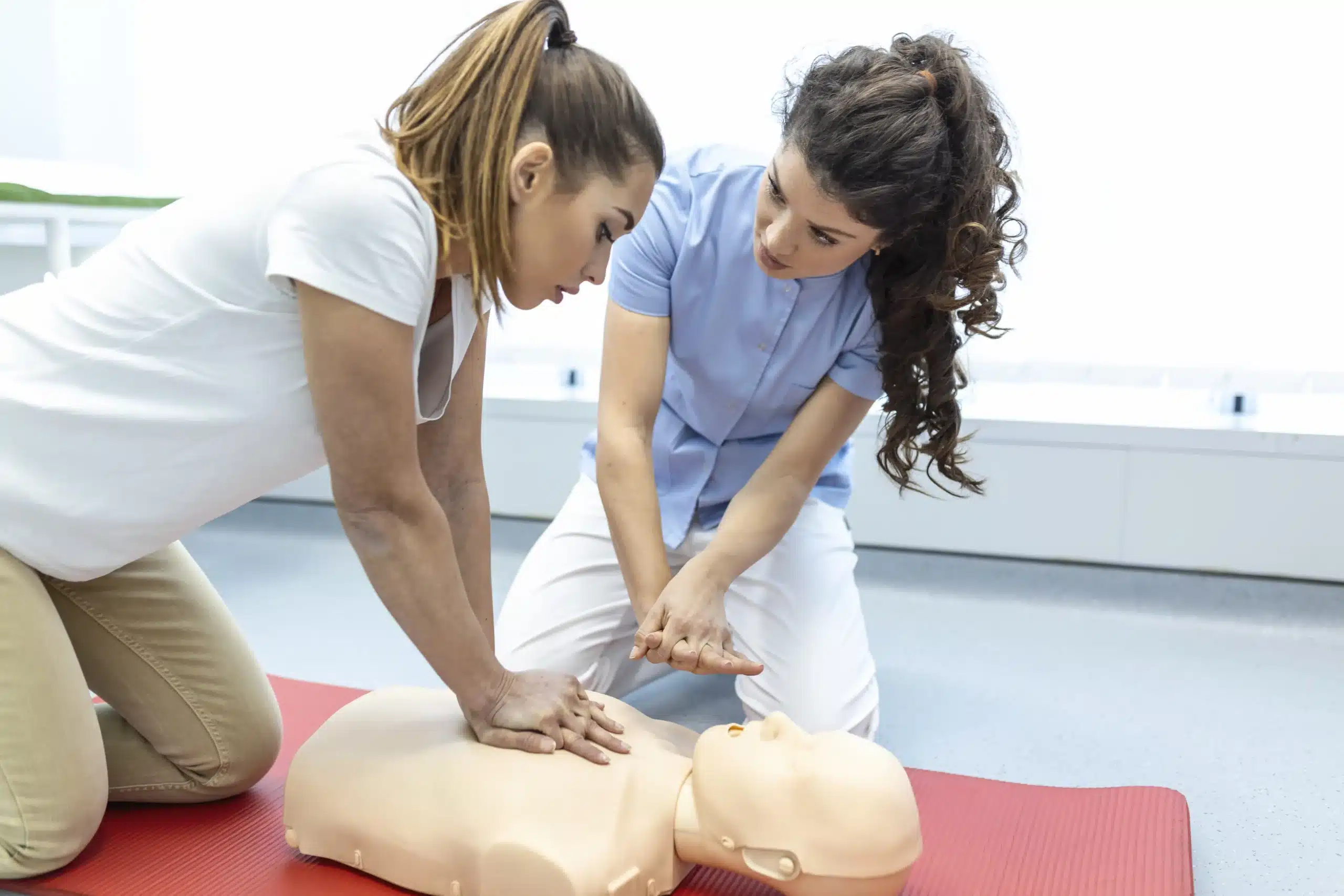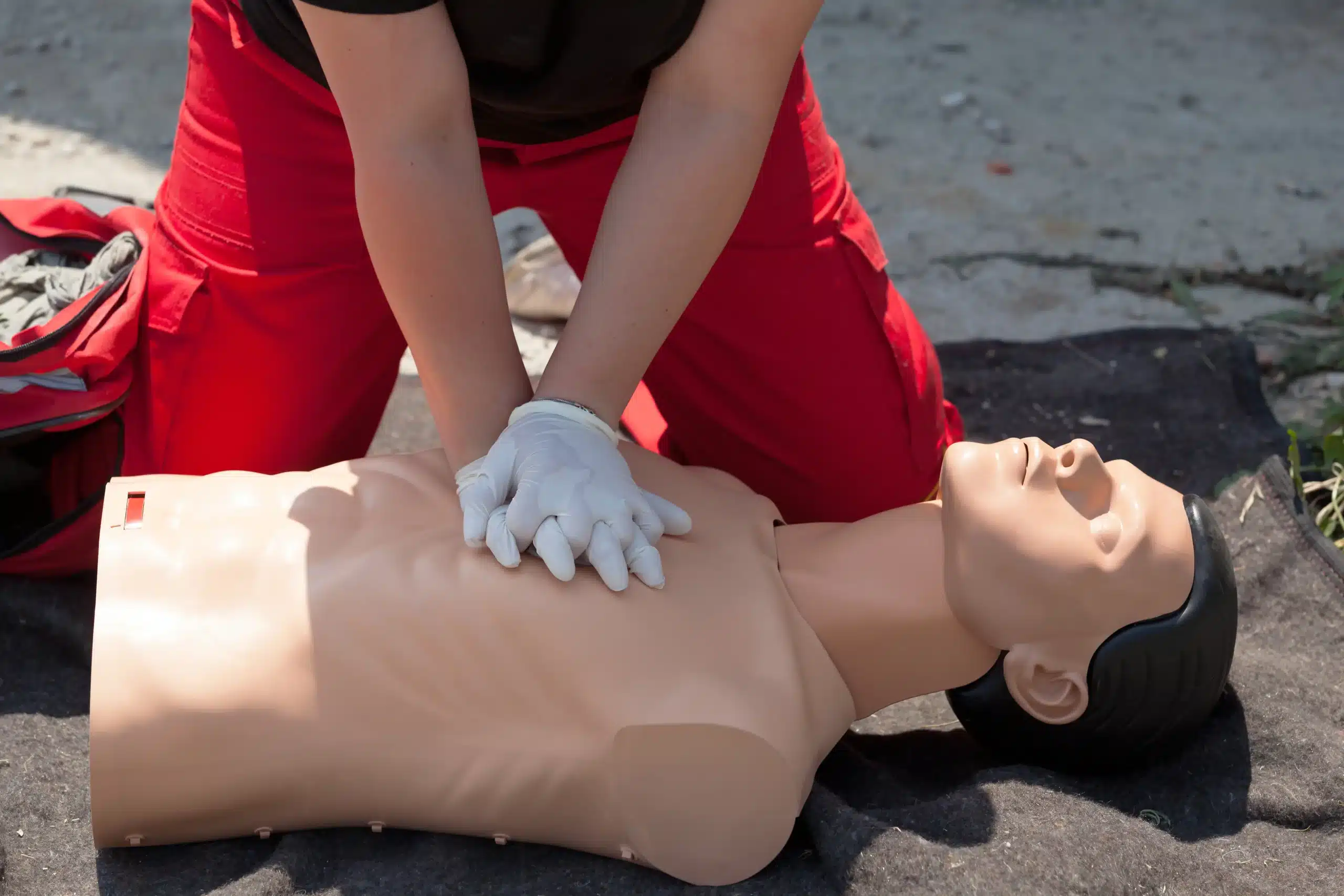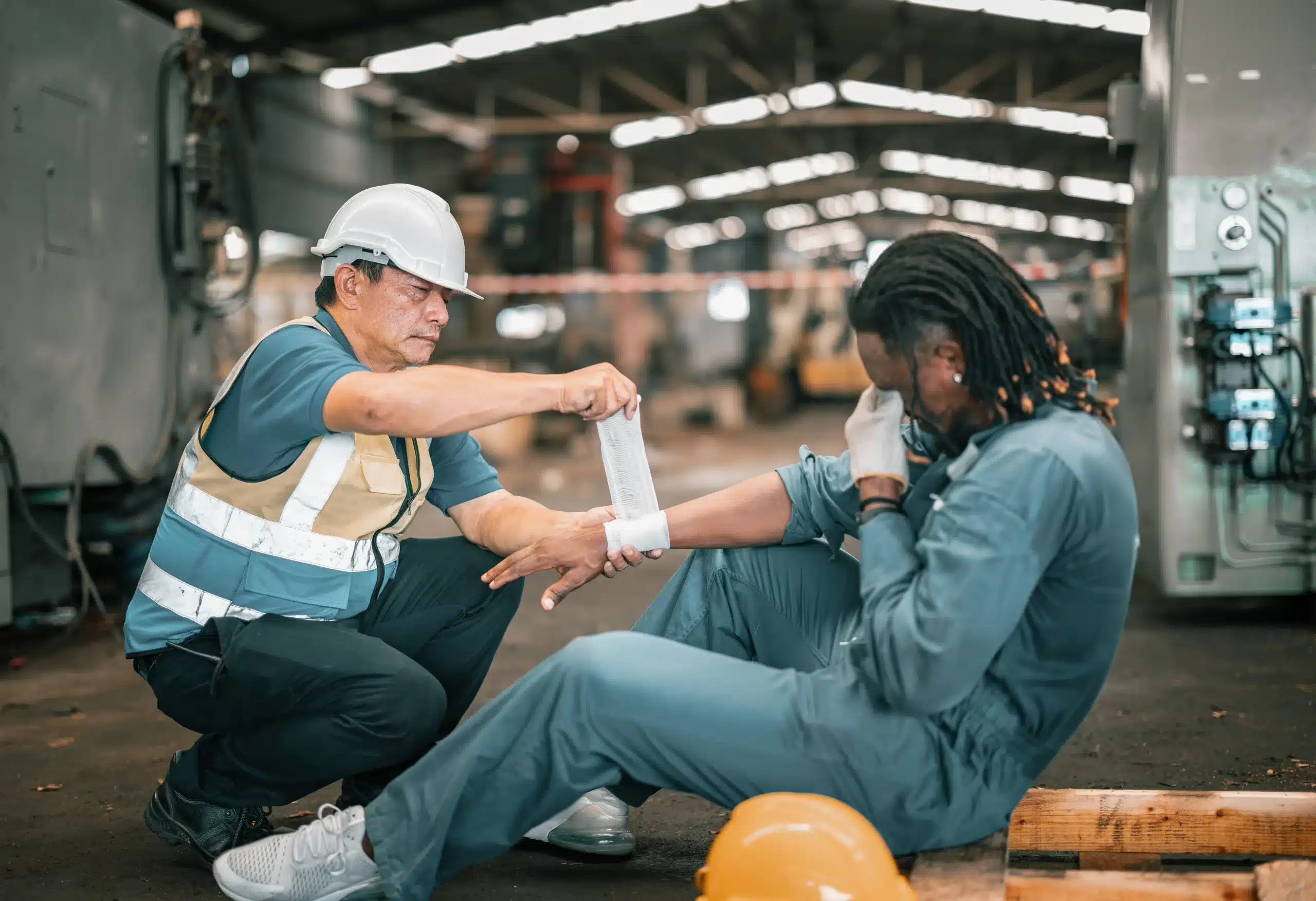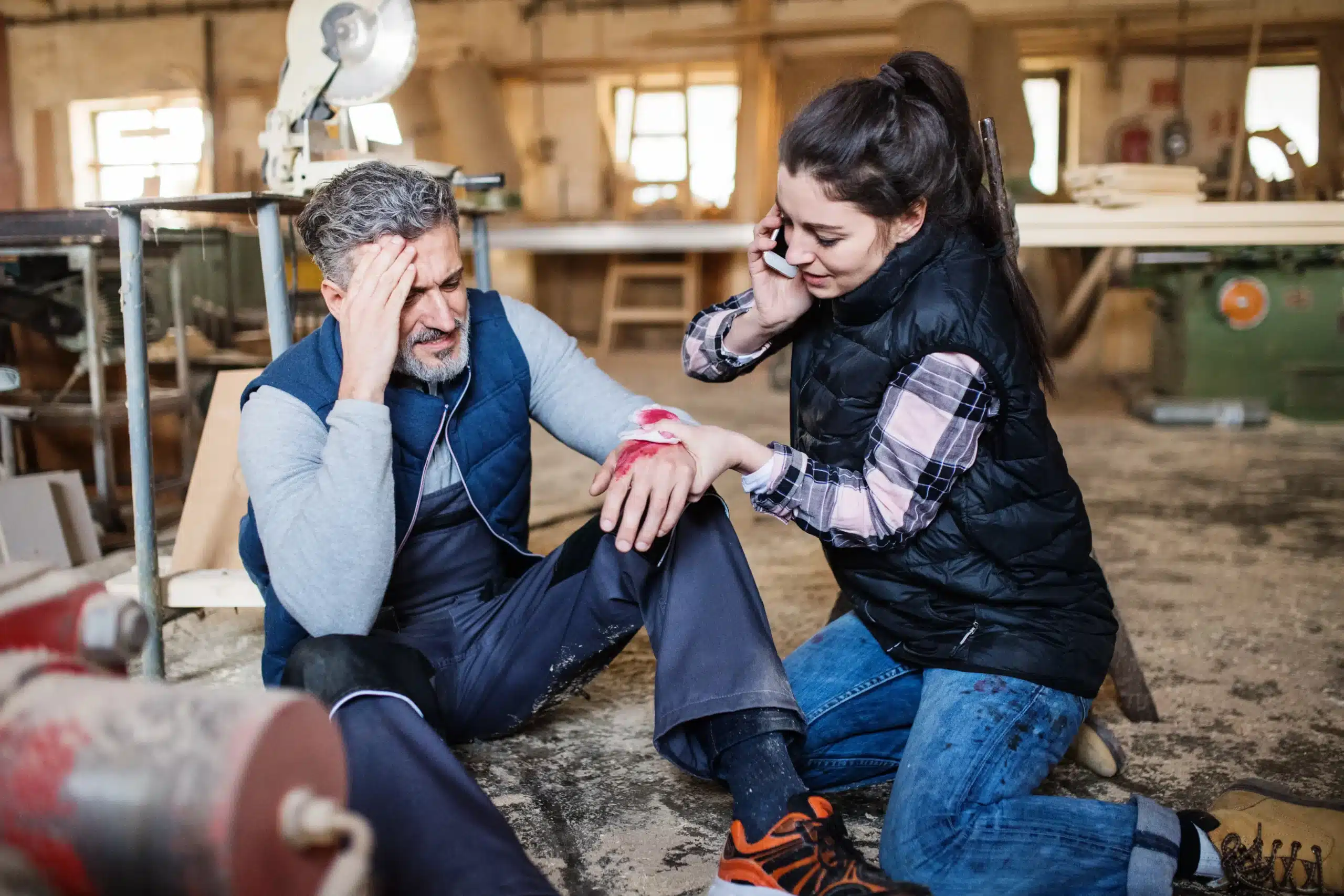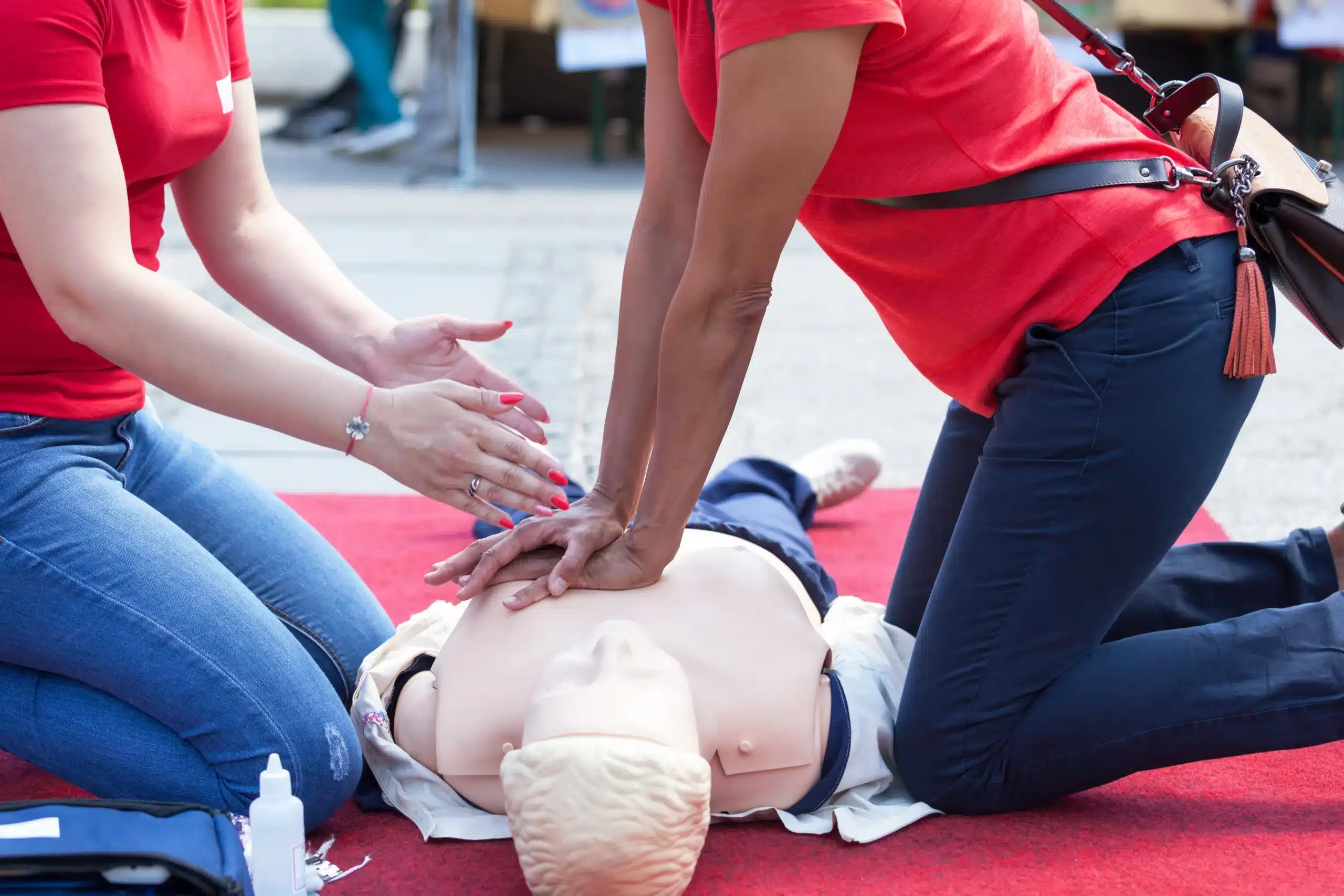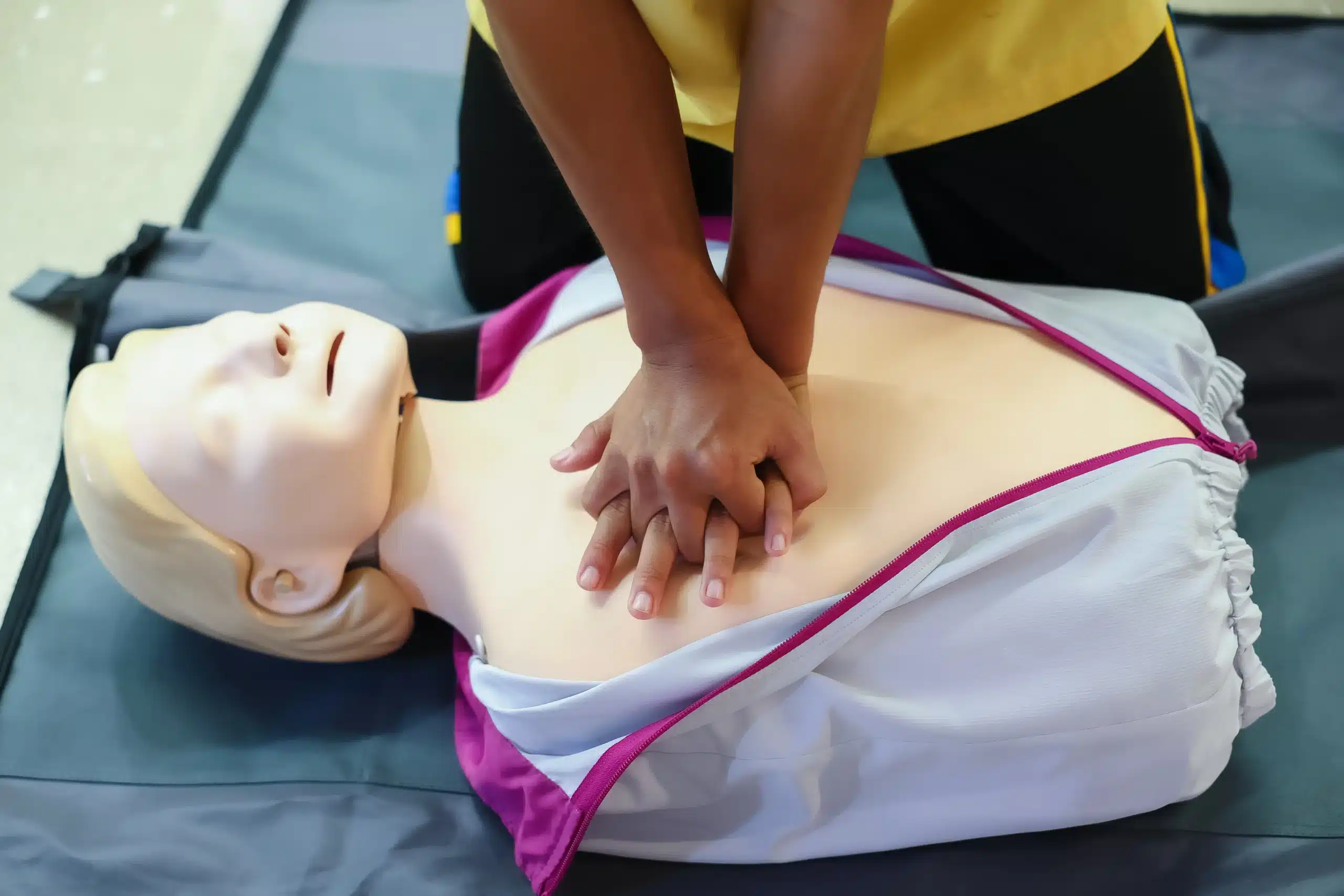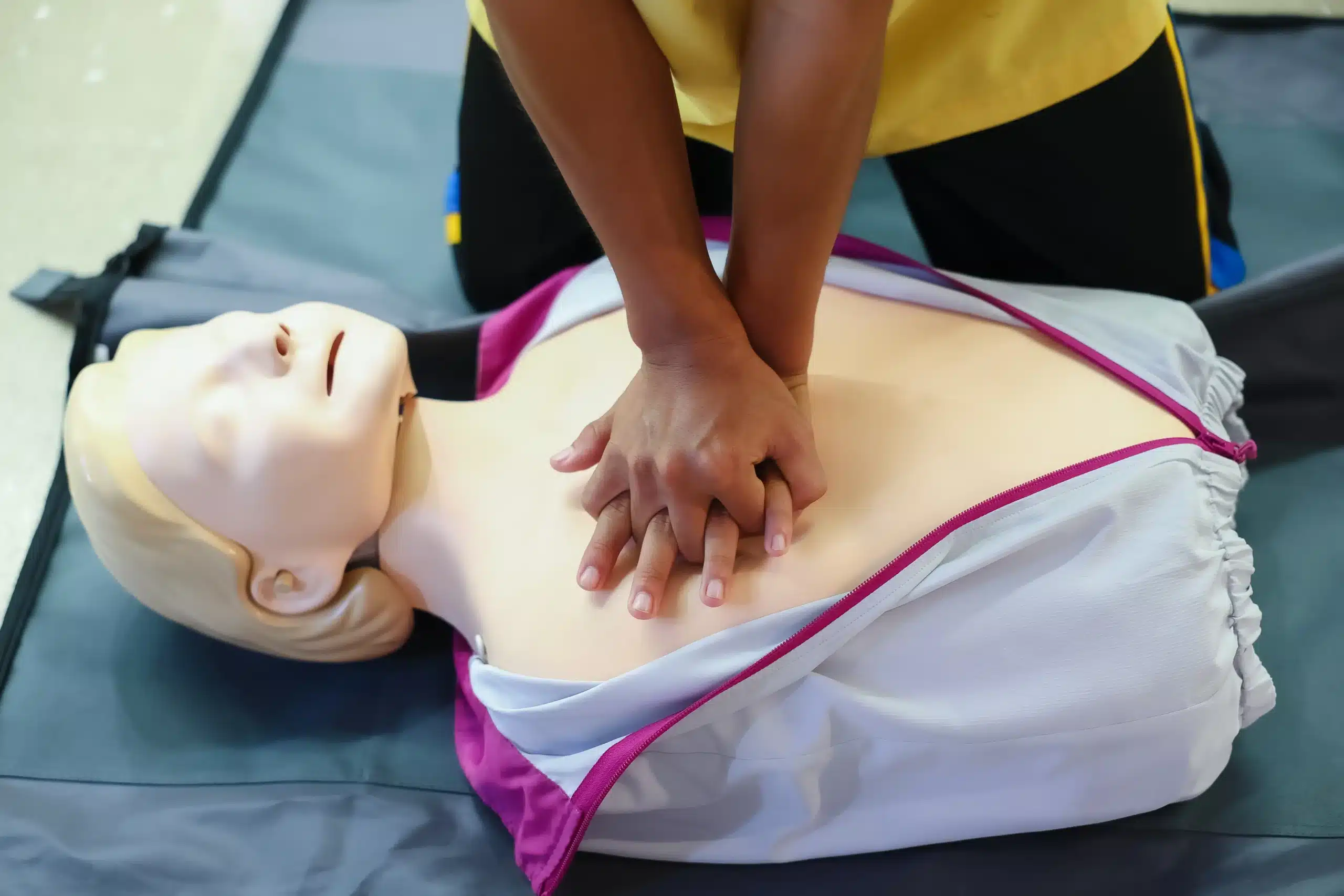In the heart of Silicon Valley, a new approach to CPR training is gaining traction. RQI, or Resuscitation Quality Improvement, is transforming how healthcare professionals in San Jose maintain their life-saving skills. This innovative program emphasizes continuous improvement through short, frequent practice sessions, ensuring you’re always ready to respond to a cardiac emergency. This article will explore the ins and outs of RQI in San Jose, covering everything from its unique features to its cost and value. We’ll also compare RQI to traditional CPR training, discuss the various certifications available, and provide actionable steps to get started with RQI training in San Jose.
Key Takeaways
- RQI keeps your CPR skills sharp: Frequent, short practice sessions and immediate feedback help you maintain proficiency and build confidence, unlike traditional, infrequent CPR training.
- RQI training fits your schedule: The blend of online learning and brief in-person skills sessions makes it easy to get and maintain your certification, even with a busy lifestyle.
- RQI is a worthwhile investment: The program’s focus on continuous improvement translates to better patient care and greater peace of mind, making the subscription cost a valuable investment in your skills and career.
What is RQI?
RQI stands for Resuscitation Quality Improvement. It’s a program designed by the American Heart Association (AHA) to help healthcare professionals maintain their life-saving skills. If you’re a nurse, doctor, EMT, or other medical professional in San Jose, understanding RQI and how it can benefit you is essential.
What is the RQI Program?
The RQI program is a subscription-based system created to address the challenge of skills fading after initial CPR training. Think of it as a gym membership for your life-saving skills. Instead of cramming for a big recertification test every two years, RQI provides short, frequent practice sessions to keep your skills fresh. This approach ensures you’re always ready to respond to a cardiac arrest. The RQI program offers a modern and efficient path for healthcare providers to maintain their AHA certifications, including BLS, ACLS, and PALS.
Key RQI Features
RQI combines online learning with hands-on practice. You’ll work through cognitive modules, watch educational videos, and tackle realistic patient case simulations. The program also uses simulation stations with real-time feedback, allowing you to practice your CPR technique and receive immediate guidance on your performance. RQI covers a range of certifications, including BLS, ACLS, and PALS, ensuring comprehensive training for various healthcare roles. The program emphasizes mastery learning, using regular practice and assessment to verify your skills. You can find more information on our BLS page.
How RQI Differs from Traditional CPR
RQI represents a significant shift from traditional CPR training. It moves away from the conventional two-year certification model and adopts a more dynamic, skills-based approach. This section breaks down the key differences, highlighting how RQI helps healthcare professionals maintain crucial lifesaving skills.
Master CPR Skills with RQI’s Approach
RQI emphasizes mastery learning through low-dose, high-frequency practice. Instead of cramming for a single high-stakes test every two years, healthcare providers engage in short, regular practice sessions on a simulation station. This approach allows for focused skill development and reinforcement, leading to higher competency levels. You earn eCredentials upon successful completion, validating your skills and knowledge. RQI uses a “learn, practice, perform, and validate” methodology to ensure competency.
Continuous Quality Improvement with RQI
Traditional CPR training often leads to skill decay, with proficiency dropping significantly within months of certification. RQI combats this through continuous quality improvement. The program is subscription-based, providing ongoing access to training materials and practice sessions. This consistent reinforcement helps healthcare professionals maintain their skills and stay aligned with the latest AHA guidelines. This model ensures that healthcare providers are always ready to respond effectively in critical situations.
Practice CPR in Realistic Environments
RQI training utilizes realistic simulation stations that provide real-time feedback. These stations mimic real-life scenarios, allowing healthcare providers to practice their skills in a controlled yet engaging environment. The immediate audiovisual feedback helps refine technique and build confidence, better preparing providers for actual emergencies. This immersive training experience bridges the gap between theory and practice.
Reduce Skill Decay with RQI
One of the most significant advantages of RQI is its focus on reducing skill decay. Traditional two-year certification models often leave healthcare providers with significant knowledge gaps after just a few months. RQI’s frequent, low-dose practice sessions combat this, ensuring skills stay fresh and readily available when needed most. This consistent reinforcement translates to improved patient outcomes and greater confidence for healthcare professionals. The RQI program aims to maintain peak performance levels through regular practice and assessment.
RQI Certifications in San Jose
RQI isn’t just a single course—it’s a comprehensive program offering various certifications to meet the needs of different healthcare professionals. Here in San Jose, you can find RQI training for several key certifications:
BLS Certification
The American Heart Association RQI (Resuscitation Quality Improvement) program is the most popular, modern, and fastest way for medical and healthcare professionals in San Jose to get their official American Heart Association BLS certification cards. It’s designed to be flexible and convenient, fitting into your busy schedule with short, frequent practice sessions. This approach helps you maintain your skills and stay up-to-date with the latest AHA guidelines. If you’re looking for BLS classes nearby, RQI offers a practical and efficient path to certification. You can find BLS courses in San Jose (Willow Glen) through our training center.
ACLS Certification
Beyond BLS, the RQI program also provides a convenient, flexible way for staff to obtain and maintain their required AHA credentials, including ACLS certification. Just like with BLS, RQI for ACLS uses low-dose, high-frequency training to reinforce essential skills and knowledge. This helps ensure you’re always prepared to respond to complex cardiovascular emergencies.
PALS Certification
For healthcare providers who work with infants and children, the American Heart Association offers the PALS course, which includes an online component and a skills testing session. You’ll need to complete the eLearning portion before scheduling your in-person skills test. This blended learning approach allows you to learn the material at your own pace before demonstrating your proficiency in a hands-on environment. RQI reinforces these crucial skills for pediatric care. You can find more information about PALS courses on our website.
Find and Schedule RQI Classes
Finding and scheduling your RQI training in San Jose is straightforward. With various training centers, flexible scheduling, and online booking, you can find a course that fits your needs and calendar.
Training Centers and Locations
San Jose CPR Certification offers convenient RQI courses right here in San Jose. We’re proud to provide AHA-certified RQI training for BLS, ACLS, and PALS certifications. You can also find other local providers offering AHA-certified courses including BLS, ACLS, PALS, and First Aid. Our location serves San Jose, Santa Clara, and Sunnyvale.
Flexible Scheduling
RQI courses are designed to accommodate busy schedules. Many training centers offer classes daily, including weekends, often with extended hours. This flexible approach makes it easier to fit the training into your life. The blended learning format lets you work through the online portion at your own pace before attending the in-person skills session. This blend of online and hands-on learning offers a convenient and effective way to learn.
Book Classes Online
Booking your RQI class is simple. You can register for our RQI classes online. Complete the required eLearning portion before your in-person skills evaluation, streamlining the process. This ensures you receive your AHA certification card quickly and efficiently. Check with your chosen provider for their specific booking instructions.
Your RQI Learning Experience
RQI training offers a unique, engaging learning experience designed to build confidence and lasting CPR skills. Forget passively sitting through lectures—RQI is all about hands-on learning and real-time feedback, so you’ll feel prepared to respond to a real-life emergency.
Train with Manikins and Simulations
RQI training uses realistic manikins and simulations to create a practical learning environment. You’ll practice your CPR skills on these specialized manikins, designed to mimic real-life scenarios. This hands-on training helps you develop muscle memory and confidence in your abilities. The RQI program covers a range of courses, including Healthcare Provider BLS, ALS, PALS, and more, ensuring comprehensive training for various healthcare needs.
Get Real-Time Feedback
One of the most valuable aspects of RQI is the real-time feedback you receive throughout your training. As you practice, the Simulation Station provides audiovisual feedback, guiding you to improve your technique and maintain high-quality CPR performance. This immediate feedback helps you identify areas for improvement and refine your skills quickly.
Learn with Cognitive Modules
RQI doesn’t just focus on the physical aspects of CPR. The program also incorporates cognitive learning modules to enhance your understanding of the principles behind resuscitation. These modules include educational videos, simulated patient cases, and multiple-choice questions, reinforcing key concepts and preparing you for real-world situations.
Get Certified Immediately
At Safety Training Seminars, we understand the importance of timely certification. After successfully completing your RQI training with us, you’ll receive your certification card the same day. This allows you to put your new skills to use immediately and confidently provide care when needed.
RQI Training Costs and Value
RQI’s Subscription Model
The RQI program, offered by the American Heart Association, uses a subscription model rather than the traditional one-time course structure. This means you’ll pay a recurring fee to maintain your skills and certification. While this might seem like an added expense initially, consider it an investment in continuous learning and improvement. This subscription covers access to program materials, including online modules, practice sessions, and assessments. It’s designed to make staying current with your CPR skills convenient and manageable. You can learn more about the program structure on the RQI Program Overview page.
Discounts and Promotions
Safety Training Seminars is committed to providing affordable, high-quality training. We understand that cost can be a factor when choosing a training program, so we offer a low price guarantee and frequently have promotions on various courses. Check our website for current discounts on RQI subscriptions and other certifications like BLS, ACLS, and PALS. We also offer various renewal options to help you maintain your certifications affordably. You can explore our course calendar for upcoming BLS courses in San Jose. We also offer specialized courses such as EMSA Health, Safety, and Lead Poisoning for California childcare providers.
Long-Term Benefits
The long-term benefits of RQI training extend beyond simply maintaining your certification. The program’s focus on low-dose, high-frequency training helps solidify your skills and increase your confidence in responding to real-life emergencies. RQI uses various learning tools, including cognitive modules, psychomotor skills practice, and simulated patient cases. This blended learning approach ensures you’re not just memorizing steps but truly understanding the principles behind high-quality CPR. This translates to better patient outcomes and a higher standard of care. The flexible, online nature of the program allows you to complete RQI training sessions at your own pace, fitting them into your busy schedule.
RQI vs. Traditional CPR
RQI and traditional CPR aim to equip people with life-saving skills, but their approaches differ. Understanding these differences helps you choose the best path for your needs. Let’s explore the key distinctions: skill retention, time commitment, and adherence to American Heart Association guidelines.
Skill Retention
Traditional CPR certification typically involves a single course requiring renewal every two years. Studies show CPR skills decline quickly after training. RQI addresses this with a subscription model and frequent low-dose practice. This reinforces skills regularly, leading to better retention and improved performance in emergencies. Think of it like exercise—short, regular workouts are more effective than one intense session every two years.
Time Commitment and Convenience
Traditional CPR classes often demand a large chunk of time on a single day, challenging for busy professionals. RQI offers a more flexible approach. It combines online learning with short, hands-on skills sessions. You complete the online portion at your pace and schedule a brief skills check at our San Jose location. This blended learning makes RQI convenient for those juggling work, family, and other commitments. You get your certification card the same day.
AHA Guideline Compliance
Both RQI and traditional CPR training follow the latest American Heart Association guidelines. RQI integrates these guidelines into its curriculum, ensuring you learn current techniques. The program covers the same cognitive and skills modules as traditional AHA training, using realistic simulations and a voice-assisted manikin for real-time feedback. This focus on best practices ensures high-quality training that meets industry standards, regardless of your chosen method.
Common RQI Concerns
It’s natural to have questions about a new training program. Let’s address some common concerns about RQI.
Program Complexity and Technology
Some healthcare providers express concern about adapting to RQI’s technology-driven approach. The program uses online modules, eSimulations, and exam questions, which might feel different from traditional classroom learning. However, these tools are designed to be intuitive and user-friendly. Think of it as a more engaging and interactive way to learn and refresh your skills. The RQI program blends online learning with hands-on practice, making it accessible and convenient. Plus, the flexible format allows you to complete training on your own time.
Certification Validity
An important question is whether RQI certification holds the same weight as traditional CPR certification. The answer is yes. RQI follows the same American Heart Association guidelines as traditional courses and covers the same core material. Your RQI certification is equally valid and recognized by healthcare institutions. It demonstrates your commitment to maintaining high-quality CPR skills. This means you can confidently use your RQI credentials when applying for jobs or renewing your professional licenses.
Time Management for Healthcare Professionals
We know healthcare professionals are busy. One of the biggest advantages of RQI is its flexibility. Instead of blocking out hours for a full-day class, you can complete the online modules at your own pace. The short, frequent skills sessions fit easily into your schedule, minimizing disruption to your workday. This flexible approach allows you to stay current with your certifications without sacrificing valuable patient care time. RQI helps you maintain your skills efficiently and effectively, allowing you to focus on what matters most: your patients.
Get Started with RQI
So, you’re ready to experience the benefits of RQI training? Great! Here’s how to get started.
Choose Your Certification
First, determine which certification you need. The American Heart Association RQI program offers several options, including BLS, ACLS, and PALS. The most popular choice for healthcare professionals is the BLS certification, covering the fundamental skills of CPR. If you work with advanced cardiac life support or pediatric patients, you’ll likely need ACLS or PALS certification. Consider your specific role and the patients you work with when making your decision.
Prepare for Your First Session
RQI training blends online learning with hands-on practice. Once you register for an RQI course, you’ll typically start by completing the online portion. This self-paced component usually takes a few hours and covers the cognitive aspects of resuscitation. You can work through the online materials at your own speed, pausing and reviewing as needed.
Continuing Education and Skill Maintenance
One of the biggest advantages of RQI is its unique approach to maintaining skills. Instead of infrequent renewal courses, RQI uses a subscription model with short, regular practice sessions. These sessions help you keep your skills fresh and address the common problem of skill decay after initial training. You’ll use a Simulation Station, which includes a tablet and manikin, to practice your skills and receive immediate feedback. This ongoing practice ensures you’re always ready to respond in a real-life emergency.
RQI Providers in San Jose
Finding the right RQI provider is key to a smooth and successful certification experience. Here are a few options to explore in San Jose:
Safety Training Seminars
Safety Training Seminars offers a comprehensive range of American Heart Association (AHA) certified courses, including BLS, ACLS, PALS, and CPR, along with First Aid and EMSA certifications. They offer various renewal options, making them a convenient one-stop shop for all your certification needs. This includes the RQI program for healthcare providers, plus renewal courses for other certifications like BLS, ACLS, and PALS. Learn more about their RQI classes or check out their BLS course offerings in San Jose. For those needing EMSA Health, Safety, and Lead Poisoning training (often required for childcare providers in California), Safety Training Seminars offers that certification. They also have a low price guarantee, ensuring you get the best value for your training. You can find more information about Safety Training Seminars in this guide.
AHA Training Centers
The RQI program, developed by the American Heart Association, offers a modern and efficient way for medical professionals in San Jose to get their AHA BLS, ACLS, and PALS certifications. You can find RQI classes in San Jose through various AHA Training Centers. These centers adhere to the AHA’s rigorous standards, ensuring high-quality training.
Local Healthcare Facilities
Many local healthcare facilities in San Jose also offer the RQI program to their staff. This often provides a convenient way to maintain your certifications. For insights into how RQI is implemented within a hospital setting, you can read about one community hospital’s experience with the RQI program. Contact your employer or local hospitals to inquire about RQI opportunities.
Related Articles
- CPR Certification San Jose: Your Complete Guide – San Jose CPR Classes
- Safety Training Seminars San Jose: A Complete Guide – San Jose CPR Classes
- Understanding Psychological Recovery for CPR Survivors
- RQI Classes in San Jose, CA – San Jose CPR Classes
- The History of CPR Training: A Lifesaving Evolution – San Jose CPR Classes
Frequently Asked Questions
What exactly is RQI and why is it different from traditional CPR training? RQI, or Resuscitation Quality Improvement, is a more modern approach to CPR training. It focuses on short, frequent practice sessions using simulation technology, rather than the traditional model of one big class every two years. This helps healthcare professionals maintain their skills and stay ready to respond to emergencies. It’s like a gym membership for your life-saving skills – regular workouts keep you in top shape.
I’m a busy healthcare professional. How can I fit RQI training into my schedule? RQI is designed with busy schedules in mind. The online learning modules allow you to learn at your own pace, and the short, frequent skills sessions can be easily scheduled around your work commitments. Many training centers offer flexible hours, including evenings and weekends.
Is RQI certification as valid as traditional CPR certification? Absolutely. RQI programs adhere to the same American Heart Association guidelines as traditional CPR courses. Your RQI certification demonstrates your commitment to maintaining high-quality CPR skills and is recognized by healthcare institutions.
How much does RQI training cost, and what does the subscription cover? RQI training uses a subscription model. This covers access to online learning materials, practice sessions on simulation equipment, and performance feedback. While the initial cost might seem different from a one-time course, consider it an investment in continuous learning and improvement. Check with your chosen provider for specific pricing and any available discounts.
Where can I find RQI training in San Jose? Several training centers in San Jose offer RQI programs. Safety Training Seminars is one option, providing various AHA-certified courses, including BLS, ACLS, and PALS RQI training. You can also check with local hospitals and other healthcare facilities, as many offer RQI training on-site for their staff. Look for an AHA Training Center near you for more options.


